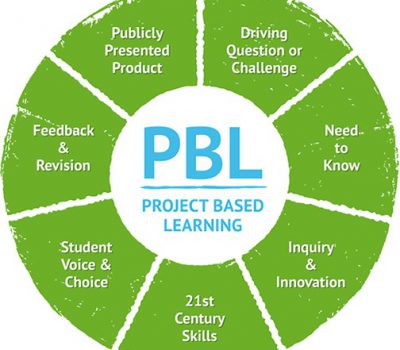


Our team sorts through all blog submissions to place them in the categories they fit the most - meaning it's never been simpler to gain advice and new knowledge for topics most important for you. This is why we have created this straight-forward guide to help you navigate our system.


And there you have it! Now your collection of blogs are catered to your chosen topics and are ready for you to explore. Plus, if you frequently return to the same categories you can bookmark your current URL and we will save your choices on return. Happy Reading!
Mental First Aiders- ‘People trained to notice signs and symptoms, to assist and respond – when it’s needed and before it’s too late. Because the earlier the intervention and treatment, the better and faster the outcome.’

Imagine you’re an 11-year-old in school. It’s lunchtime, and you’re playing with your mates in the playground, and a parkour trick goes horribly wrong. Your mates laugh because THAT was a spectacular fail and you lie there stunned for a few minutes knowing that you’ve really hurt yourself. You try to join in the laughter and get to your feet, because you don’t want to make a big thing of it. This is embarrassing, right? Just pretend you’re OK – in a few minutes this will pass and everything will go back to normal.
A duty teacher comes over – she’s seen what happened and is concerned for you. “Have you hurt your head?” she asks. “Are you OK?” A supervisor comes over – she knows your mum. “Are you alright?” she asks, looking you over – there’s no bleeding, no wound to see. Most of your friends are starting to wander off. You get back on your feet, and the bell rings. You find your bag and slowly walk with your mate to the next lesson. He’s worried about you, because he saw you fall, sees that you’re not talking, not quite yourself. But you tell him you’re OK, because you’re still embarrassed, because you don’t want the attention, don’t want more people to know what happened.
In class, you’re feeling really ‘swimmy’, and you feel a bit sick. The teacher asks if you’re OK and you say you are, and you try to write, to show her things are normal. It’s home time soon, and you can last it out.
You get home. It’s a busy house, people on their mobiles, lots going on in the kitchen. You go up to your room to have a lie-down – and when you wake up, there’s a paramedic sitting on the side of your bed. And you’ve been sick everywhere, and you still feel swimmy. And you hear your Dad saying, “Why did no-one notice this at school?”
It probably wouldn’t happen like this would it? There would have been a medical First-Aider in the playground – a member of staff who was trained to assist and respond. An accident report would probably have been completed. In class, a teacher would generally have been medically first aid trained or, at least, aware. In some schools, even pupils are first-aid trained and would have known how to help, or how to get help.
It’s why we need mental health first Aiders. People trained to notice signs and symptoms, to assist and respond – when it’s needed and before it’s too late. Because the earlier the intervention and treatment, the better and faster the outcome.
Mental health first aiders aren’t the professionals, the fixers, the menders. No more than a medical first aider is a paramedic, or a doctor. But mental heath first aiders are just as necessary when dealing with the holistic health of our young people. Because mental health is just as important as physical health.
Whatever you think about the Tweets above, and the opinions on social media about government policy, the education curriculum and the state of our mental health services – it doesn’t take away from the fact that more of our young people than ever before need preventative measures and early intervention for their mental health from those of us who work, and interact, with them.
Worth thinking about for your setting?


The author

Read more
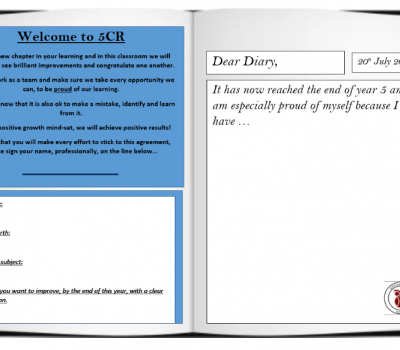
Read more
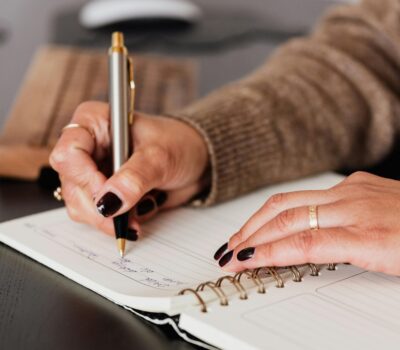
Read more
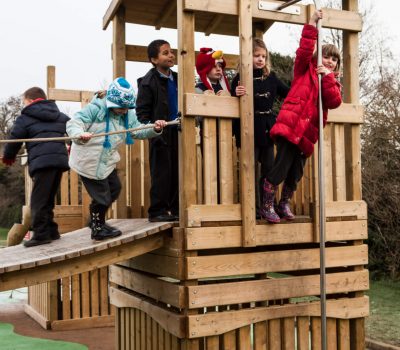
Read more
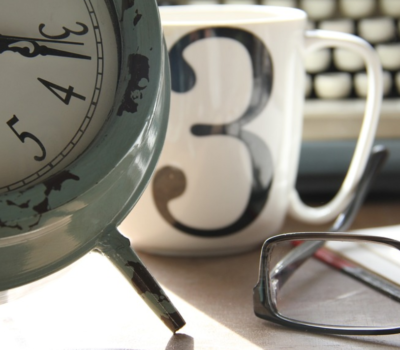
Read more
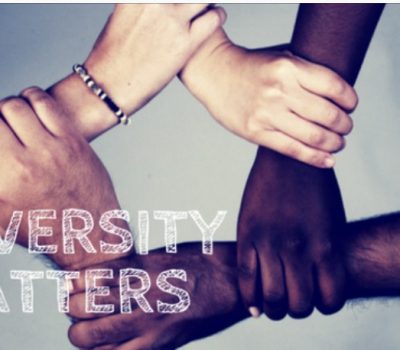
Read more
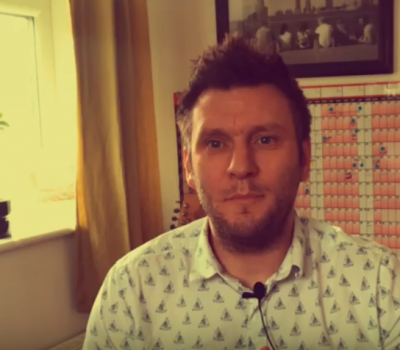
Read more
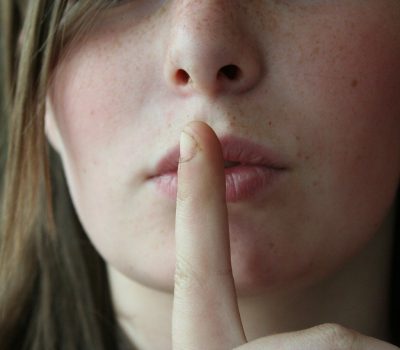
Read more


Are you looking for solutions? Let us help fund them! Nexus Education is a community of over 11,000 schools that come together to share best practise, ideas and CPD via online channels and free to attend events. Nexus also offers funding to all school groups in the UK via nexus-education.com


Established in 2011, One Education is a company at the heart of the education world, supporting over 600 schools and academies. Our unique appeal as a provider is in the breadth and synergy of the services we offer, supporting school leaders, teachers and support staff to achieve the best possible outcomes for their pupils and staff.

School Space is a social enterprise that has empowered schools for over 12 years through their profitable and hassle-free lettings services. So far, they’ve generated over £5 million in revenue for education, helping to connect over 200 schools with their local communities.


Unify is an online sales and marketing tool that allows users to create tailored personalised documents in moments.


There’s nothing special about the energy we sell. In fact, it’s exactly the same energy as all our competitors provide. But there is something special about the way we do it. Where others complicate the process, we simplify it. Where others confuse customers with hidden terms, we’re an open book. And where others do all they can to make as much money from their customers as possible, we do all we can to make as little. Everything we do, we do it differently. Our customers are a privilege. One we’ll never take advantage of.


Securus provide market-leading monitoring solutions to safeguard students on ALL devices both online and offline. We also offer a full monitoring service, where we carry out the monitoring on behalf of the school, freeing up valuable staff resources. From the smallest school to large MAT groups, Securus offers safeguarding protection for all!


Bodet Time offers dedicated solutions to education through lockdown alerts, class change systems, PA and synchronised clock systems. Improving time efficiency of the working and school day; ensuring safety through lockdown alerts; increasing communication with customised broadcast alerts.


Robotical makes Marty the Robot - a walking, dancing coding robot that makes programming fun and engaging for learners as young as 5. Our robots come with a full Learning Platform that has complete teaching resources, to make lesson planning a breeze.